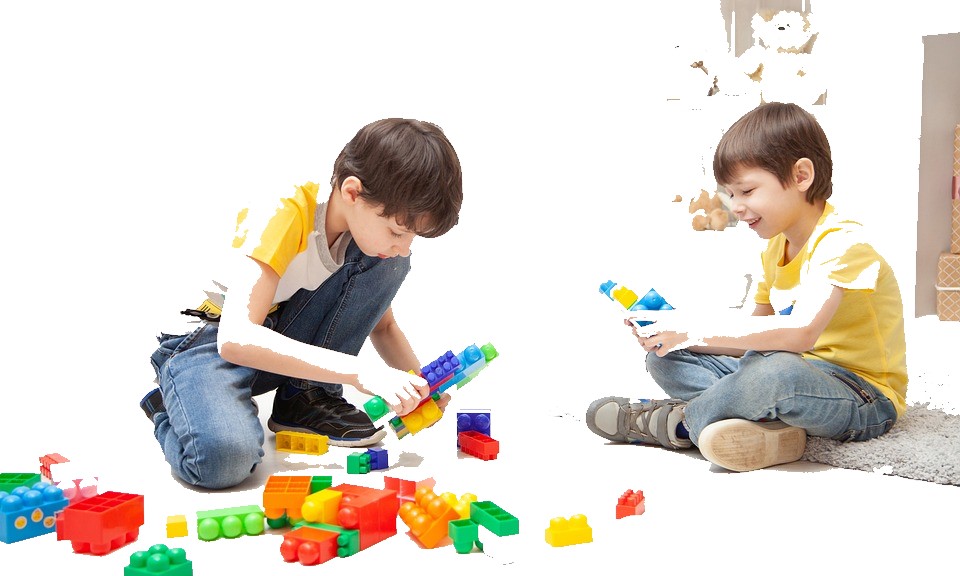Play for Kid Advancement
Play is a wellspring of diversion for infants, babies, and kids. Whether stacking blocks or emulating creatures, it keeps them involved over the day. However, do you know that play advances development and improvement?
“Play is crucial for improvement since it adds to the mental, physical, social, and profound prosperity of youngsters and youth,” per a review from the American Institute of Pediatrics (AAP). Through play, youngsters learn firsthand about critical thinking, circumstances and logical results, innovative reasoning, and correspondence. They additionally foster fine and gross coordinated abilities.
The Various Phases of Play
Kids will participate in a wide range of play as they develop. This incorporates the six phases of play illustrated by humanist Mildred Parten in 1932: abandoned play, single play, passerby play, equal pay, acquainted play, and agreeable play. As indicated by Parten’s examination, kids progress through these six phases before 5 years of age. When they ace them, they’ll evaluate different kinds of play that fall into those classifications, including cutthroat and sensational play. From there, the sky is the limit.
As children progress through the phases of play, you’ll realize they’re progressing truly and intellectually, says Dr. Starnes. They’re acquiring certainty and information while remaining tested, which exhibits advanced perspectives.
Abandoned Play
Babies from 1 to 90 days old will partake in vacant play. Consider it their most memorable endeavor to find out about the world. They’ll notice their environmental elements and make irregular body developments, wondering for no specific reason. The vacant play could not seem to be playing. However, it makes way for the future turn of events.
Single Play
From birth to around 2 years of age, kids don’t give a lot of consideration to close companions in group environments. They’d prefer to keep themselves engaged through free play. By participating in performance play, kids learn about their environmental elements, fabricate certainty and freedom, practice imagination, experience circumstances and logical results, and adjust their coordinated abilities.
Passerby Play
Around 2 years of age, babies participate in passerby play. This includes watching others playing yet not partaking in themselves. Guardians may rush to limit the advantages of passersby play. However, specialists say it assists in acquiring the certainty expected to join the good times. They’ll figure out how to play and communicate with others.
Step-by-step instructions to Energize It: Since passerby play is latent, it’s easy to integrate into your day-to-day routine. Let your baby watch you complete fascinating errands like settling a riddle or playing piano. Far superior if they can notice more seasoned kin around the house or neighborhood youngsters at the recreation area!
Equal Play
Have you seen a gathering of babies playing next to each other but not together? They’re participating in equal play. Children could utilize the equivalent toys and imitate one another. However, they will not straightforwardly interface with their companions. Equal play is customary in those ages 2 to 3. It shows they’re nearly (however not precisely) prepared to associate with others and are on their way toward social communication.
Affiliated Play
Around ages 3 or 4, youngsters become more inspired by the activities of others. They’ll start drawing in with their companions while playing. However, they’ll, in any case, do things chiefly all alone. For instance, children could draw on a similar paper without remarking on one another’s plans or trade garments while playing spruce up. Since kids won’t be pursuing a common objective, there needs to be more association engaged with cooperative play. This kind of play assists with interactive abilities, collaboration, language, critical thinking, and compromise.
Helpful Play
This is when kids are playing with battery operated cars and others at long last beginning! Kids initially participate in agreeable play around 4 or 5 years of age. It allows them to rehearse abilities they’ve acquired through different phases of play, like verbal correspondence, cooperation, and sharing. They’ll master new abilities like thoughtfulness and compassion and split the difference. Through helpful play, kids pursue a shared objective, whether structuring a block tower together or playing duck-goose. It’s fundamental for the social and profound turn of events.




:max_bytes(150000):strip_icc():focal(399x0:401x2)/salmamom_cbb-f35dd6add9364e129744cd4f29ec65a0.jpg)
